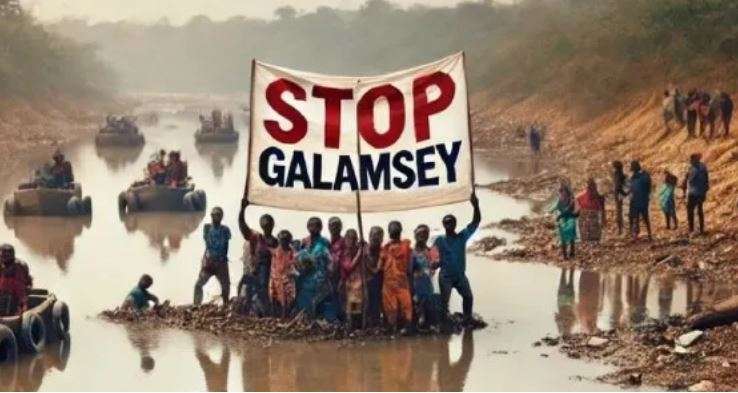The Honorary Vice President of the IMANI Centre for Policy and Education, Bright Simons has raised concerns over the inadequate regulatory oversight in the country’s mining sector amid the alarming surge in mining licenses issued over the past two years.
In a detailed analysis, the seasoned civil society activist and policy analyst revealed that between 1988 and November 2022, only 150 mining licenses were issued, but since then, more than 1,400 licenses have been granted.
“In sound policy analysis, however, you don’t end there. You connect the dots. Is this just increased efficiency? Better tech? Or what? And why is there any problem with increasing LEGAL mining operations?”
Bright Simons, Honorary Vice President of IMANI Centre for Policy and Education
Bright Simons acknowledged that at first glance, the issuance of more mining licenses might suggest greater efficiency or the deployment of better technology to process applications.
However, he urged that a more profound analysis reveals an unsettling narrative of political interference and hasty decision-making at the expense of sound technical oversight.
He cited data showing that in 2019, the Ministry of Lands and Natural Resources approved over 100 small-scale mining (SSM) licenses and nearly 20 mining leases, yet the Minerals Commission only confirmed one mining lease and 14 SSM blocks.
This disparity highlights the clear influence of political pressure on the regulatory body. The timing of these developments is critical, with Bright Simons pointing to the February 2021 ministerial change in the Ministry of Lands and Natural Resources as a potential trigger for the acceleration of mining license approvals.
The shift, he suggested, coincided with the easing of restrictions on mining in forest reserves, further intensifying the rush for licenses. This political overriding of technical decision-making, he argued, has had profound consequences on the management of Ghana’s mining sector.

Insufficient Personnel Undermining Mining Inspection
The most significant issue raised by Bright Simons is the inadequate regulatory oversight to ensure compliance and safety in the face of such a dramatic expansion.
He highlighted the fact that while the number of mining licenses has skyrocketed, the number of inspectors within the Minerals Commission and the Environmental Protection Agency (EPA) has remained woefully insufficient.
“Last year, there were barely 38 qualified Minerals Commission inspectors for the whole country after the government sacked 9 District Mine inspectors in 2017”.
Bright Simons, Honorary Vice President of IMANI Centre for Policy and Education
Moreover, Bright Simons disclosed that the inspectorate capacity was already stretched thin before the recent surge, asserting that the reduction in inspectors has had a direct impact on the number of mining inspections carried out.
He noted that for example, in Bibiani, a significant mining hotspot, the number of inspections fell from 138 in 2016 to just 46 in 2019. Nationally, Bright Simons claimed that only 383 surface mining inspections were conducted in 2019, amounting to barely one inspection per day across the entire country.
The IMANI’s Honorary Vice President further noted that it takes years to train a qualified mining inspector, and the current number of inspectors cannot realistically handle the workload generated by the more than 1,400 new licenses issued since 2022.
Additionally, Bright Simons indicated that the Minerals Commission, which had approximately 220 personnel a decade ago, still has fewer than 300 staff today, despite the dramatic increase in workload.
“How, then, is the agency managing an increase in workload of more than 10x? Is this reasonable?, he quizzed, raising critical questions about the capacity of the Commission to properly regulate the sector and ensure that environmental and safety standards are maintained.
His analysis underscored the broader issue of governance in Ghana’s mining sector, where political expedience appears to be taking precedence over technical expertise and regulatory due diligence.
Ghana, he suggested, must prioritize the alignment of its regulatory framework with the rapid expansion of legal mining activities, ensuring that political pressure does not undermine the sound technical decision-making necessary to manage the sector sustainably.
In his candid view, only then can the country truly harness the benefits of its natural resources while protecting its environment and citizens.
READ ALSO: Adjetey Anang Challenges Sarkodie to Record Anti-Galamsey Song























